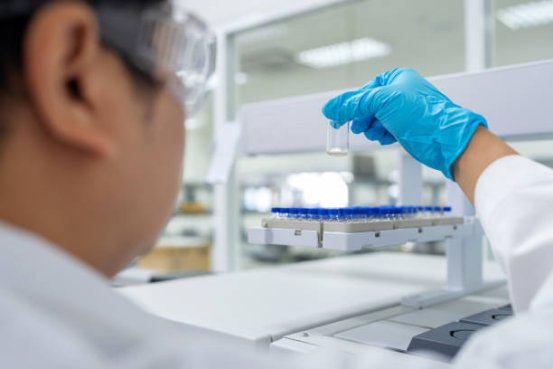In recent years, advances in lab testing services have transformed the way healthcare providers detect, understand, and manage diseases. Among these innovations, Proteomics Microbial Sequencing stands out as a cutting-edge approach that combines the power of proteomics—the large-scale study of proteins—with microbial sequencing techniques to analyze complex biological systems. This integrated method enables scientists and clinicians to identify disease-causing microbes, understand their functional activity, and develop more precise diagnostics and treatments.

Proteomics focuses on proteins, which are the functional molecules in cells that carry out critical biological processes. By studying the protein composition of microbial communities, researchers can determine not only which microorganisms are present but also how active they are and what roles they play in health or disease. Microbial sequencing, on the other hand, examines the genetic material of microorganisms to map their identity and diversity. When combined, proteomics and microbial sequencing provide a comprehensive picture of the microbiome—the ecosystem of bacteria, viruses, fungi, and other microorganisms inhabiting the human body.
One of the most important applications of Proteomics Microbial Sequencing in lab testing is in diagnosing infections. Traditional lab tests often rely on culturing bacteria or viruses, which can be time-consuming and may miss hard-to-grow or rare pathogens. Advanced sequencing and proteomics can detect these microbes quickly and accurately, even at very low levels. This is especially crucial for immunocompromised patients, individuals with chronic infections, or those suffering from complex conditions such as gut microbiome imbalances.
Beyond infection detection, Proteomics Microbial Sequencing is also revolutionizing personalized medicine. By analyzing the protein activity of microbial communities, clinicians can gain insights into how a patient’s microbiome interacts with medications, diet, and immune function. This information can guide treatment strategies, improve therapeutic outcomes, and reduce the risk of side effects. For example, patients with antibiotic-resistant infections can receive tailored therapies based on the specific pathogens and their functional protein expression profiles.
Laboratories offering Proteomics Microbial Sequencing services have expanded rapidly, providing healthcare providers with advanced diagnostics that were previously only available in research settings. Many labs now offer comprehensive panels that evaluate multiple microbial targets and protein markers simultaneously, shortening turnaround times and increasing diagnostic accuracy. In addition, these services are increasingly used in preventative health, enabling early detection of microbial imbalances linked to metabolic disorders, autoimmune conditions, and gastrointestinal diseases.
In conclusion, Proteomics Microbial Sequencing represents a major leap forward in lab testing services. By integrating protein analysis with microbial genomics, this approach delivers unparalleled insights into the human microbiome, improves disease diagnosis, and supports personalized treatment strategies. As the technology becomes more accessible, it promises to enhance patient care, accelerate medical research, and shape the future of precision healthcare.
